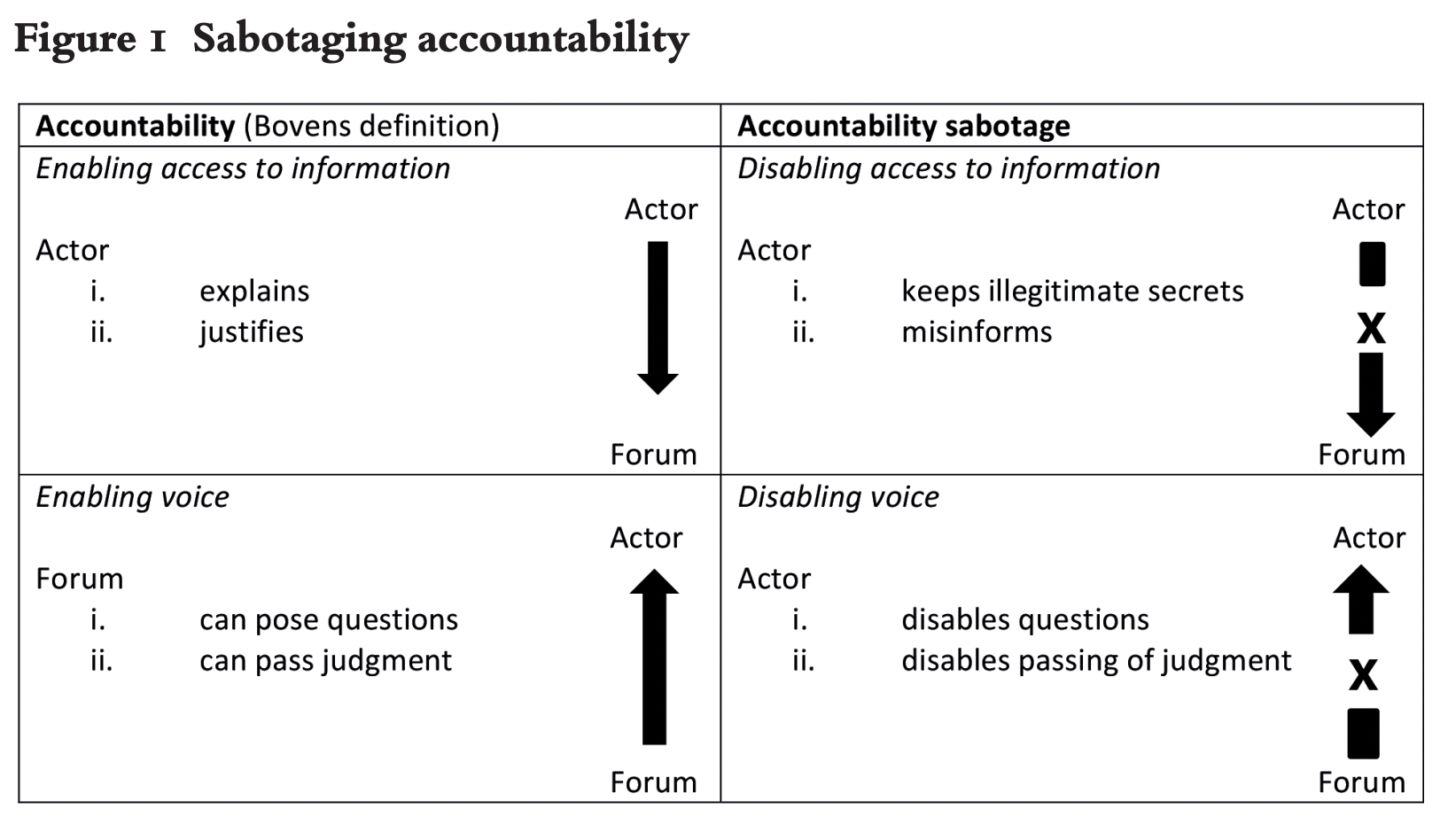This one's a little wonky, but I think it's worth it, and I'd love your thoughts.
OK! LET’S GO. From last week we know that
- Democratic societies are high-drama and always in crisis—but are held together by the people’s trust in & commitment to democracy itself;
- Americans’ commitment to democracy has been waning;
- A nontrivial number of Americans are open to accepting authoritarianism…especially if their team has power.
This week’s tl;dr: To help protect democracy, we resist authoritarian practice.
FOR WHAT: If we don’t know what the threat looks like, we can’t resist it.
Mentally replace "authoritarianism" with "authoritarian practice"
For this distinction between authoritarianism and authoritarian practice, I’m thankful to Marlies Glasius, a Dutch political scientist* who realized that most scholarly alarmism about authoritarianism was really unhelpful.
Many definitions of authoritarianism are absence-forward: basically “authoritarianism is…well…non-democracy; so, like, imagine democracy? It’s not that.” Like those middle-school art assignments to draw in “negative space,” which always broke my poor brain.
Glasius basically holds all of our sweet faces in her hands and says, “Listen. Now is not the time to panic. Now is the time to list the identifiable behaviors of authoritarianism. Then we can avoid them and root them out, anywhere they show up.” (Has no one ever held your sweet face and said this to you?!)
Her point makes a ton of sense to me, as I have a lot of parenting and marriage counseling under my belt. In relationships, we are supposed to avoid identity language (like “you’re a jerk”) not only because it’s shaming but because it’s ineffective: the other person can say “no, I’m not” and move forward without accountability or changed action. On the other hand, behavior language (like “please stop kicking the wall”) is precise and actionable.
Similarly: call someone “authoritarian;" they say, “no I’m not, I was freely elected;” the conversation ends…and they return to kicking the wall. Call out a pattern of practice as authoritarian; bring it into the light; avoid or change the practice. Makes sense! (That said, for simplicity, I’ll keep using the word “authoritarian” to refer to someone with a pattern of using authoritarian practices.)
OK, but back to a definition.
With a focus on practice in mind, here's my current definition, open to edits:
Authoritarianism
=
Highly concentrated power
maintained by
“accountability sabotage”
including
the neutering of democratic norms (especially political pluralism, rule of law, separation of powers, effective elections)
Let’s break it down piece by piece.
Highly concentrated power
This is (for me, at least) the most instinctually familiar part. The authoritarian’s goal is to gather as much power as possible for himself and his team. (I’m going to go ahead and use masculine pronouns here for OBVIOUS REASONS, though just as obviously there are nonmasculine authoritarian leaders, too.) On its own, though, concentrating power isn’t enough to define authoritarianism: every team wants as many wins and as much influence as possible.
Accountability sabotage
Glasius collects authoritarian practices under the heading “accountability sabotage.” (Reading that phrase was like water to my parched soul, because it clarified a lot. Nerd!)
Here’s the idea. In a democracy, there’s a cycle of accountability: the people (or their reps) can ask questions of and pass judgment on the leader’s decisions, and the leader truthfully explains/justifies their decisions to the people/reps. Yeah?
An authoritarian, though, works to disable the people’s/reps’ ability to question and judge their decisions, and lies to/keeps secrets from the people/reps. (Glasius stipulates “illegitimate secrets,” as some government secrets are legitimately shared on only a need-to-know basis.)

SO: Any pattern of practice that sabotages the flow of accountability is authoritarian. (Glasius is scientifically careful about even this, since, for example, every politician lies sometimes. “A one-off political lie does not constitute an authoritarian practice,” she says, “but a pattern of inaccurate information by a number of people in authority on the same issue at different times could well do.” Politicians who behave in many of these patterns can fairly be termed authoritarian.)
Neutering (ew, sorry) of democratic norms
Because “accountability sabotage” can still feel kinda nebulous, I’ve added specifics to my definition. I’ve never really loved the phrase “democratic norms,” because it sounds so prissy, as though MAGA's biggest problem is using the wrong fork for salad.

But “norms” here ≠ “manners” or “etiquette.” They are the practices of democracy.
And while past authoritarians often got or kept power through heredity or violence, recent and current authoritarians do it via democratic processes that they weaken to suit their needs:
- Look, we have elections! (We do, however, prevent our likely opponents from voting.)
- There are two parties in this country! (We will, however, bar anyone affiliated with the opposition from holding even nonpolitical jobs in the federal government.)
- Of course we prioritize the rule of law! (The president, however, will grant federal pardons to himself and his lawbreaking friends.)
- Look, we have three branches of government! (We do, though, pressure legislators to keep our leader in office despite his being voted out.)
Authoritarians don’t have to kill democratic institutions; they just have to kneecap them, with the intent to centralize power and quash accountability.
OK.
I’m going to stop for today, partly because this is dense, and partly because it’s sort of depressing. But I find it so clarifying, and I hope you do too? Instead of wringing my hands about a generalized threat, I know to look for patterns of practice that sabotage accountability and concentrate power.
As for how an authoritarian turn is showing up in the US…stick around. (First, there will be a recap of next week’s foray into ELECTION WORK!)
How’re we doing? IS THIS FUN? Does narrowing the “threat to democracy” to “authoritarian practice”…help at all? I'm really grateful to be thinking about this with y'all. xo
*I'm genetically obligated to add: if you ain't Dutch, you ain't much. Rude but required.

Member discussion: